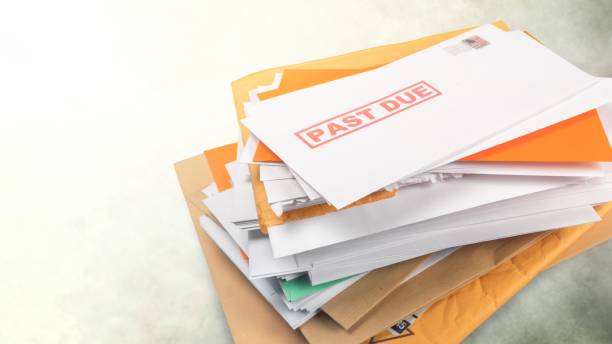How to Protect Yourself from Scams in Debt Collection
Understand Your Rights
The first step in protecting yourself from debt collection scams is to understand your rights as a consumer. The Fair Debt Collection Practices Act (FDCPA) outlines clear guidelines governing how debt collectors can interact with you. Under this law, debt collectors are prohibited from engaging in abusive, deceptive, or unfair practices. For instance, they cannot call you at unreasonable hours, threaten legal action without intent, or use harassing tactics.It’s essential to familiarize yourself with these rights, as knowing what debt collectors can and cannot do will empower you to recognize fraudulent behavior. If you believe a collector has violated your rights, you can file a complaint with the Federal Trade Commission (FTC) or your state’s attorney general.
Verify the Debt
If you receive a call or letter from a debt collector, the first course of action should be to verify the debt's legitimacy. Scammers often employ high-pressure tactics, urging you to pay immediately without proper verification. To protect yourself, always request written validation of the debt. This should include details such as the name of the creditor, the amount owed, and your right to dispute the debt.Legitimate collectors will provide this information willingly. If they refuse or cannot furnish adequate proof, it is a significant warning sign. Always take your time to investigate and ensure that any debt you are being asked to pay is genuine.
Watch for Warning Signs
Being aware of the common warning signs associated with debt collection scams can help you avoid falling victim. Pay attention if the collector refuses to provide their name or contact information, demands immediate payment via unconventional methods like gift cards or wire transfers, or threatens you with arrest or legal action without prior notice.Additionally, if the amount of the debt seems unusually high or if you do not recognize the debt at all, these are major red flags. Legitimate debt collectors will respect your need for verification and will not pressure you into making hasty decisions. If something feels off, trust your instincts and proceed with caution.
Document Everything
Keeping detailed records of all interactions with debt collectors is crucial for your protection. Document the dates, times, and content of conversations. If you receive a collection letter, keep it for your records and note the date you received it. This documentation can serve as critical evidence if you need to dispute a claim or report a scam.In case you encounter persistent harassment or feel threatened, having a record of all communications will provide you with the necessary information to file complaints with appropriate authorities. Documentation is a powerful tool to help you assert your rights and defend against fraudulent practices.
Report Scams and Seek Help
If you encounter a debt collection scam, report it to the Federal Trade Commission (FTC) and your state’s attorney general. These agencies can investigate and take action against fraudulent collectors, helping to protect others from similar situations. Reporting scams is not just about your protection; it contributes to a broader effort to combat fraudulent practices in the industry.Additionally, if you feel overwhelmed by debt, consider seeking assistance from a reputable credit counseling service. These organizations can help you understand your options and negotiate with creditors, reducing the risk of falling prey to scams. They provide guidance and support to help you regain control over your finances.




Comments
Post a Comment